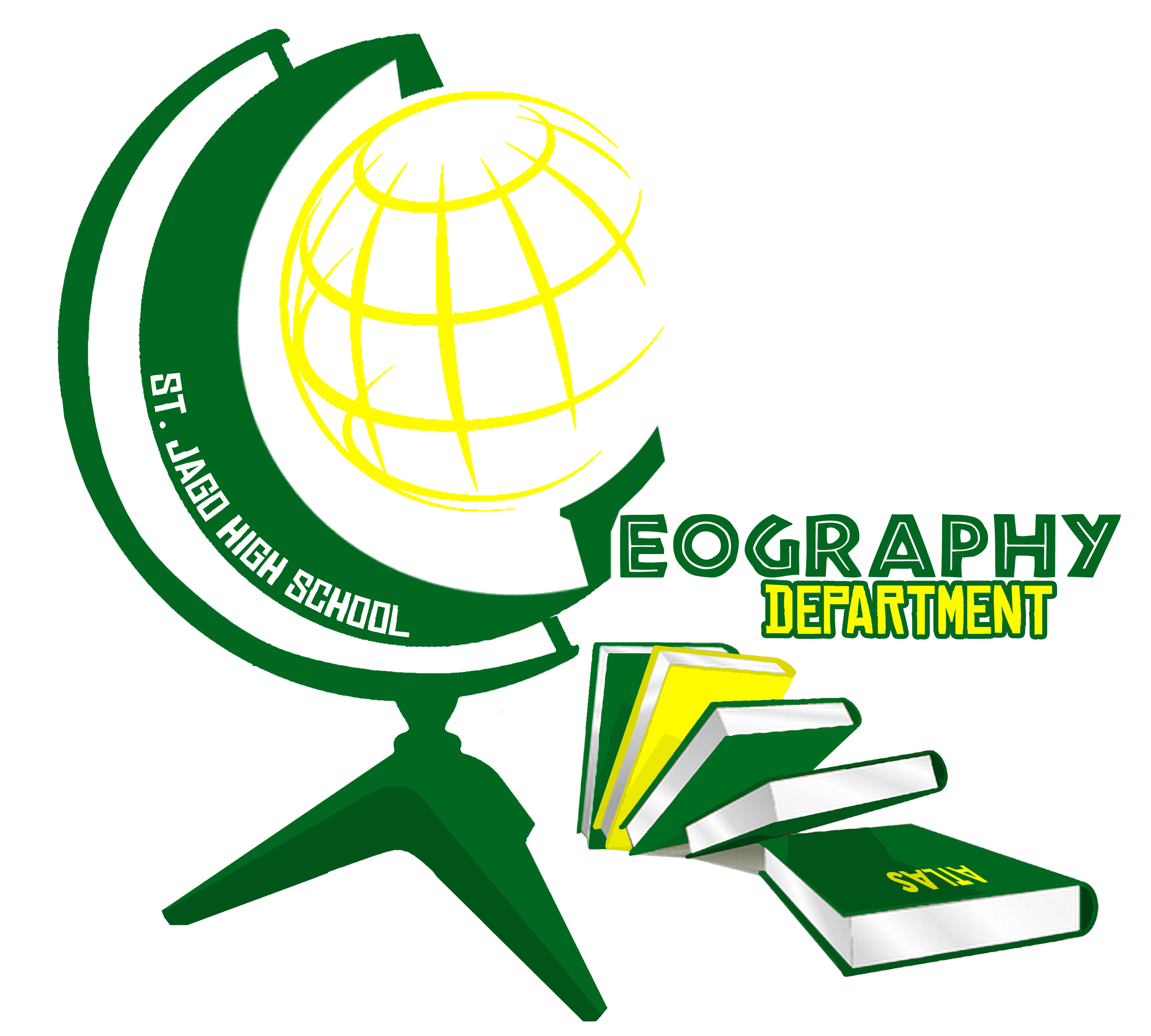
Geography is concerned with the spatial distribution of human and natural systems and the interrelationships
between them. It facilitates an understanding of both the issues emerging from human
exploitation of natural resources and how natural resources may be managed to assure sustainability.
It contributes to an awareness and understanding of the natural environment and fosters an
appreciation of its sustainability. It also encourages the development of a sense of responsibility in
using and conserving the natural resources of the planet.
Spatial appreciation, interpretation of a variety of illustrations and map reading skills are essential to
a study of the subject. These skills enable an individual to operate better in space by being able to
establish a location and an orientation of an area and to be able to read the landscape as well as assess
the forces which have shaped them.
The study of Geography, therefore, prepares an individual not only for a career in fields such as
teaching, environment planning and management, international relations and geographical
information systems, but also helps to develop skills that are beneficial in other fields. In addition, it
contributes to more meaningful and enjoyable travel and related leisure activities.
The CSEC Geography syllabus, though not limited to a study of the Caribbean, focuses on areas that
are particularly relevant to Caribbean students. The syllabus utilises field studies to concretise the link
between the subject matter of Geography and the methods of investigation associated with it. By
being engaged in the conduct of a field study, the student gets an opportunity to observe, experience,
reflect on, and draw conclusions about the intricate inter-dependence and inter-relationships that
comprise the human and natural systems.
A student completing the CSEC Geography syllabus should be able to make informed and rational
decisions and act responsibly with respect to the human and natural systems. Based on the attributes
of the Ideal Caribbean Person as articulated by CARICOM, this course will also contribute to the
development of a person who demonstrates multiple literacies, independent and critical thinking,
questions past and present practices and brings this analysis to bear on an innovative application of
science and technology to solving problems one might encounter from day to day. This course of study
will also contribute to a person who will learn to know, learn to do, learn to live with others, learn to
be and learn to transform oneself and society.